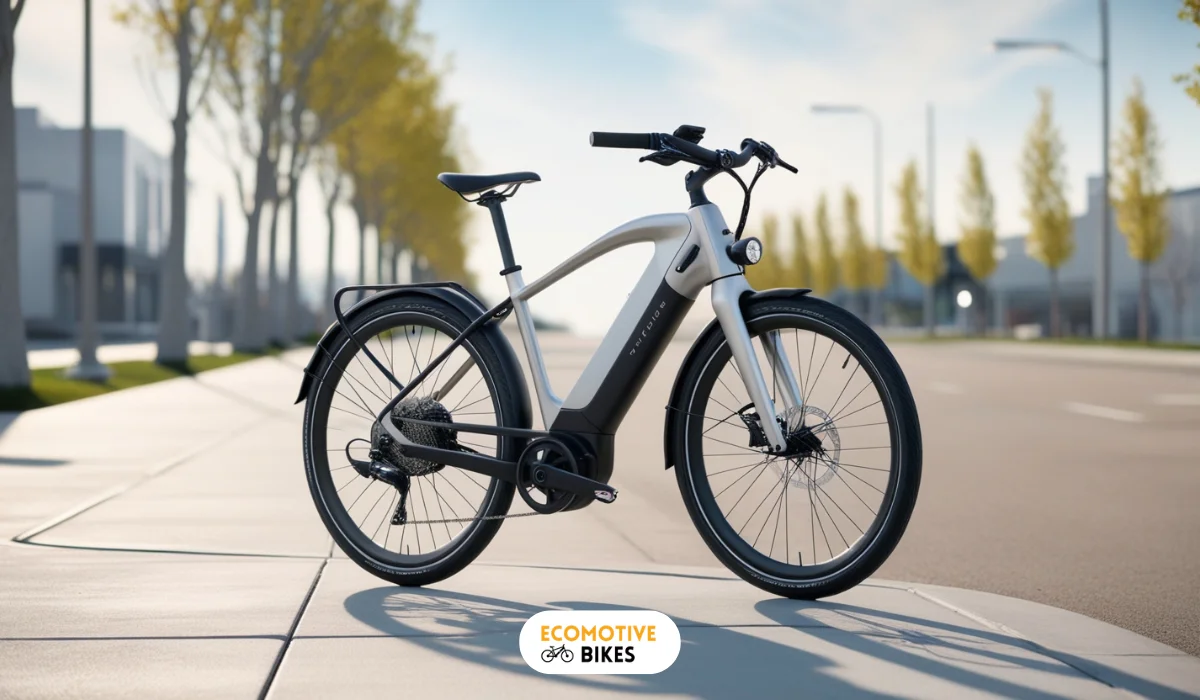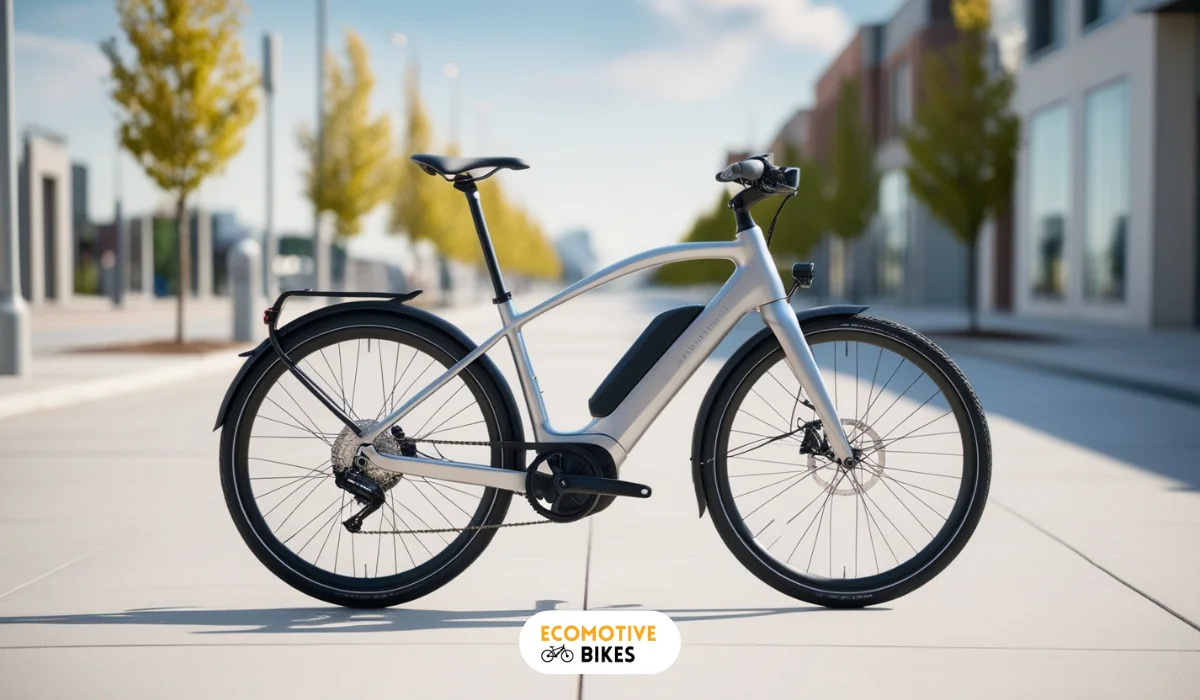Belgium Offers E-Bike Incentives to Citizens
Belgium offers e-bike incentives to citizens, encouraging eco-friendly transportation and reducing carbon emissions across the country.
Table of Contents
Related Articles:
E-Bike incentives in Belgium are paving the way for a greener, healthier future. With a substantial investment in cycling infrastructure, the country not only prioritizes safety and accessibility but also offers enticing incentives for residents to switch to e-bikes. From national to regional governments and even municipalities, various programs are in place to make e-bikes more accessible and affordable for all.
Discover how Belgium’s forward-thinking approach is not just about transportation but also about improving health, reducing carbon footprints, and enhancing overall mobility for its citizens.
Investing in Cycling Infrastructure

National Government’s Efforts
The national government in Belgium invests 5.2 euros per inhabitant in cycling infrastructure, making it safer and easier to get around by bike.
Regional Governments’ Initiatives
With regional governments offering incentives for e-bike purchases, such as up to €505 in the Brussels-Capital Region and up to €1250 in Wallonia, residents have the opportunity to save on environmentally friendly transportation options.
To further encourage the use of e-bikes, Flanders has a program where employers can pay their employees €0.23 per kilometer ridden to and from work. These incentives not only benefit the environment but also the citizens’ health and overall well-being.
E-Bike Incentives Across Belgium
Brussels-Capital Region’s Incentives
For residents in the Brussels-Capital Region, there is an opportunity to receive up to €505 towards the purchase of a new or used e-bike and various accessories. This incentive program aims to make e-bikes more accessible to residents, promoting sustainable forms of transportation within the region.
Wallonia’s E-Bike Subsidies
Incentives for e-bike purchases in Wallonia can reach up to €1250, with percentages based on the type of e-bike purchased. This program encourages residents to opt for environmentally friendly transportation options and contributes to reducing carbon emissions in the region.
The government in Wallonia acknowledges the importance of promoting e-bikes as a means of improving citizens’ health, reducing their carbon footprint, and enhancing mobility options.
Flanders’ Employer-Based Program
E-Bike incentives are not offered in Flanders for individual purchases, but there is a program for employers to provide their employees with €0.23 per kilometer ridden to and from work. This program not only promotes sustainable commuting but also incentivizes employers to support their employees’ health and well-being through active transportation.
Municipalities’ Incentives
To further encourage the adoption of e-bikes across Belgium, over three dozen municipalities offer their residents various incentives, ranging from €50 to €500. These local initiatives complement national and regional programs, fostering a culture of cycling and sustainable mobility in communities throughout Belgium.
The Benefits of E-Bike Subsidies
Improving Citizens’ Health
One of the significant benefits of e-bike subsidies is the positive impact on citizens’ health. In Belgium, where the government offers incentives for e-bike purchases, studies have shown that cycling can improve cardiovascular fitness, mental health, and overall well-being.
Reducing Carbon Footprint
The subsidies for e-bike purchases not only benefit the health of citizens but also contribute to reducing the carbon footprint. With more people opting for e-bikes as a mode of transportation, there is a decrease in greenhouse gas emissions and pollution levels, leading to a cleaner environment for all.
Plus, e-bikes are energy-efficient and have a lower environmental impact compared to traditional cars, making them a sustainable choice for daily commuting.
Easing Road Congestion
With more citizens choosing e-bikes as their mode of transportation, there is a positive impact on road congestion. By reducing the number of cars on the road, e-bikes help alleviate traffic congestion, leading to smoother traffic flow and reduced travel times for all road users.
EBike subsidies not only benefit individual e-bike owners but the entire community by creating a more efficient and sustainable transportation system.
Enhancing Mobility for Low-Income Households
Enhancing mobility for low-income households is another significant benefit of e-bike subsidies. In Belgium, where incentives are offered for e-bike purchases, subsidies can make a big difference in the mobility of low-to-moderate-income households. These subsidies can help make e-bikes more affordable and accessible to those who may not have been able to afford one otherwise.
Reducing barriers to accessing sustainable transportation options can lead to improved quality of life and increased economic opportunities for low-income households.
Conclusion: Belgium Offers E-Bike Incentives to Citizens
With these considerations, Belgium’s implementation of e-bike incentives showcases the value that governments can place on sustainable transportation options. By providing financial support for e-bike purchases, Belgium is not only promoting healthier lifestyles but also reducing environmental impact and traffic congestion.
This proactive approach sets a positive example for other states and cities to prioritize alternative modes of transportation through strategic subsidies that truly benefit their citizens.





